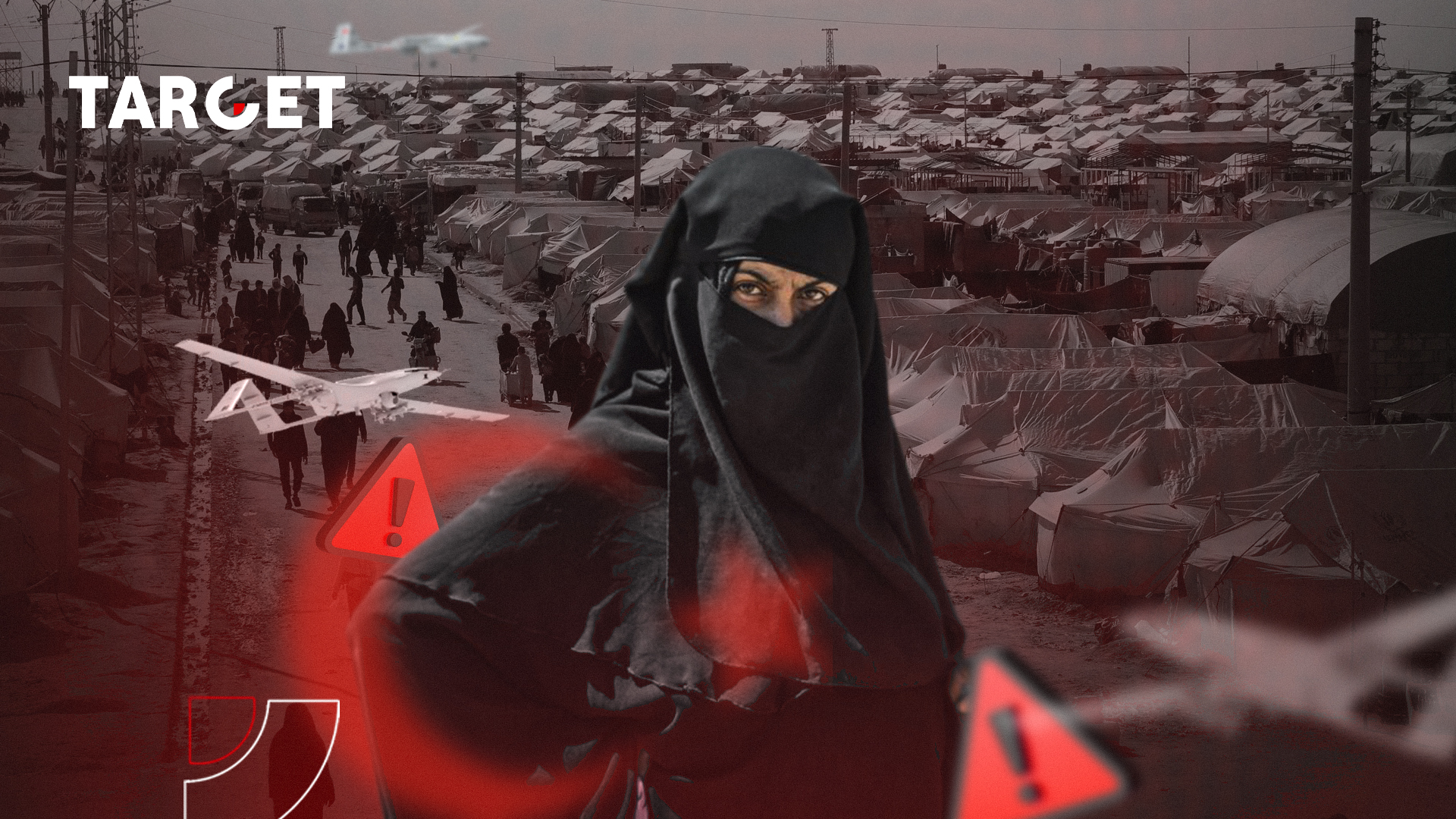In its May sleeper cell report, the Rojava Information Center (RIC) reported that Turkish attacks had weakened the security of Al-Hol camp and that ISIS cells had expanded their extortion efforts. The RIC, which compiled the tallies for the month of May, stated that 13 attacks by ISIS cells killed one military personnel, wounded 10 military personnel, killed two civilians and injured three civilians.
The organization noted there had been an increase in cooperation between the SDF and its partners, adding that there had been observations that ISIS cells had changed their tactics. Instead of targeting checkpoints with the same frequency as they did last month, ISIS is targeting the Syrian Democratic Forces (SDF) leadership and the offices of the Autonomous Administration. Together with coalition forces, the SDF conducted 16 raids and arrested 38 people. The raids have largely focused on ISIS mobility and intelligence.
An important issue underlined in the report was the increasing attacks by Turkey. The Turkish state has continued to target the security apparatus of Al-Hol camp, leading to a deterioration of the security situation in the camp. On May 5, two guards of Al-Hol camp were killed in a Turkish drone strike in Tel Hamis. In November, eight guards of the Al-Hol camp were killed in a Turkish airstrike, resulting in the escape of several ISIS families. The aerial attacks on the camp’s security apparatus are increasingly undermining the security of Al-Hol and strengthening the capabilities of ISIS cells.
The report further states that the repatriation of ISIS members and their families continues, although at a minimal level. Denmark was expected to repatriate a woman and her two children, but this has not yet happened. New Zealand received a child from an ISIS family. The Russian state reiterated plans to repatriate around 200 children from camps controlled by the Autonomous Administration “in the near future”. Tajikistan repatriated 31 women and 73 children from the camps. Canada was on track to repatriate four ISIS-linked men, but the Canadian Federal Court of Appeal overturned the decision to allow their return. None of the adult men who fought for ISIS have been repatriated. AANES reiterates that the safe detention of these fighters constitutes a huge burden and that, in this context, the proposal for an international tribunal system to find a fair and long-term mechanism to deal with male fighters becomes even more urgent.

